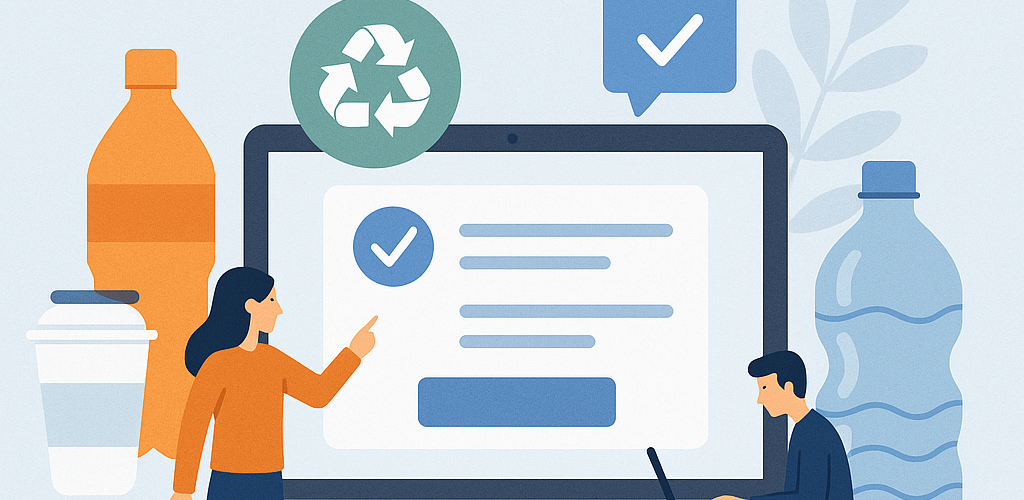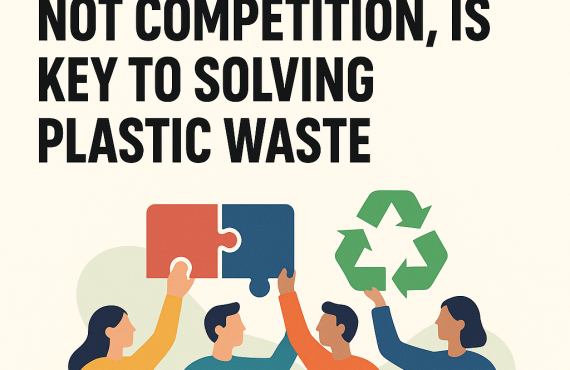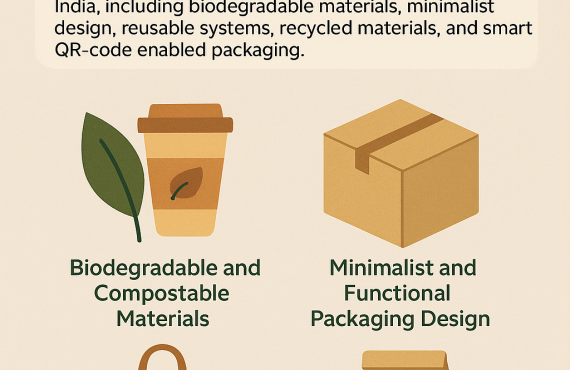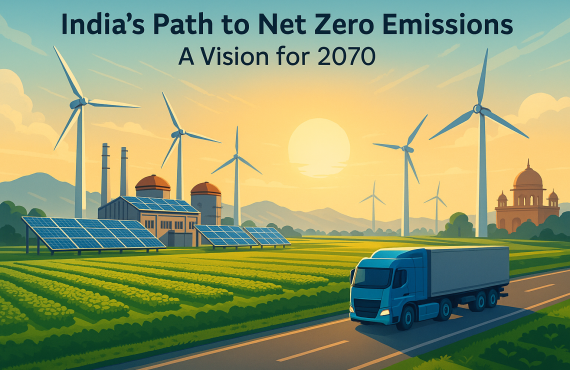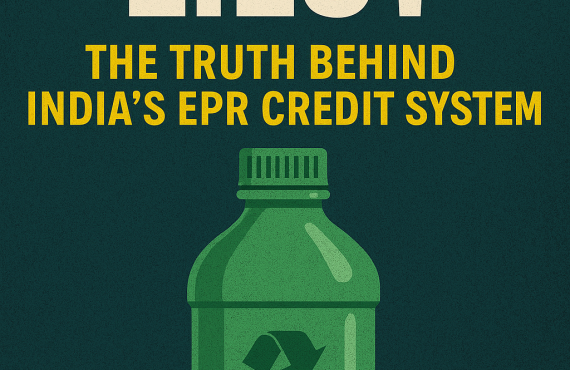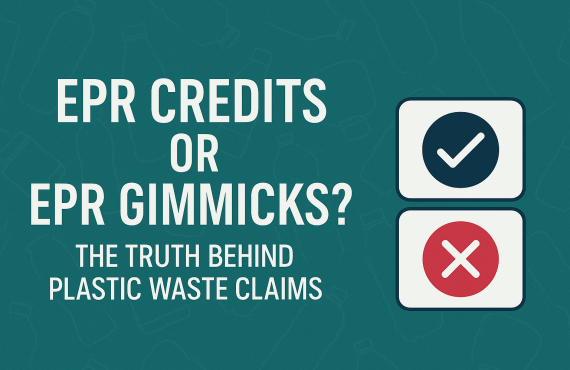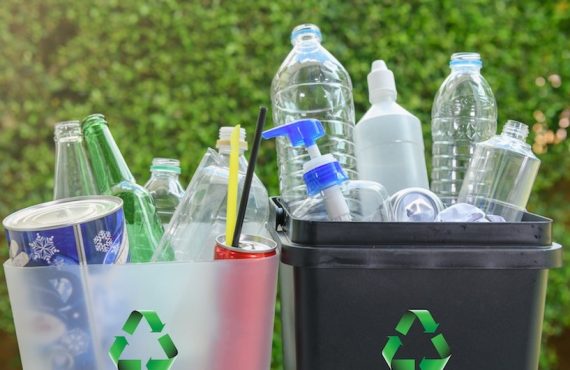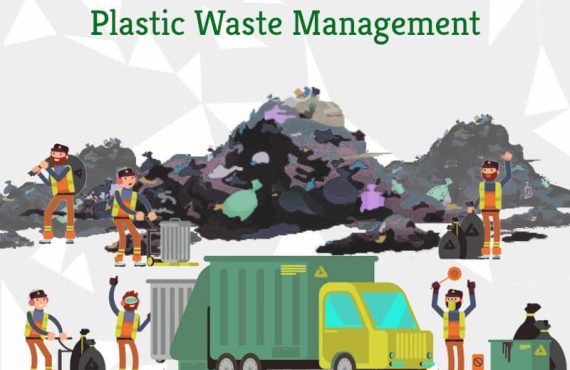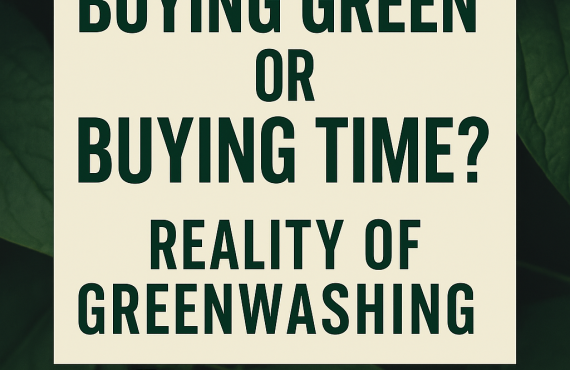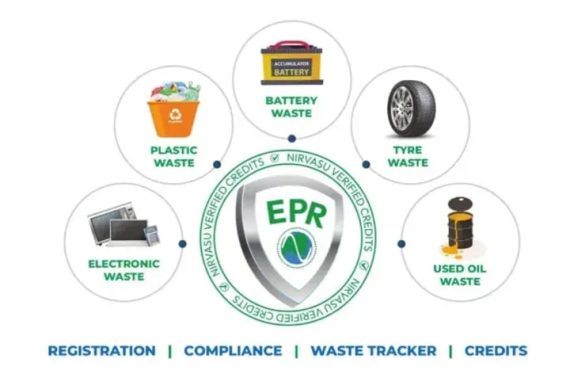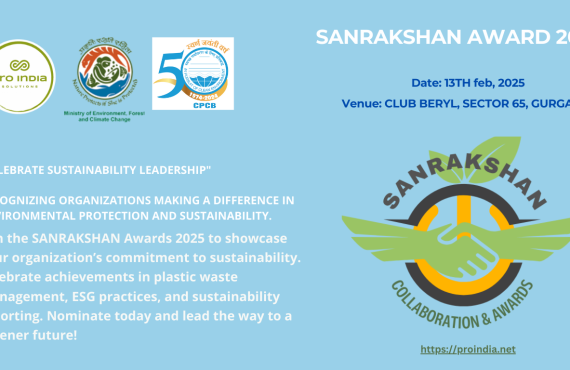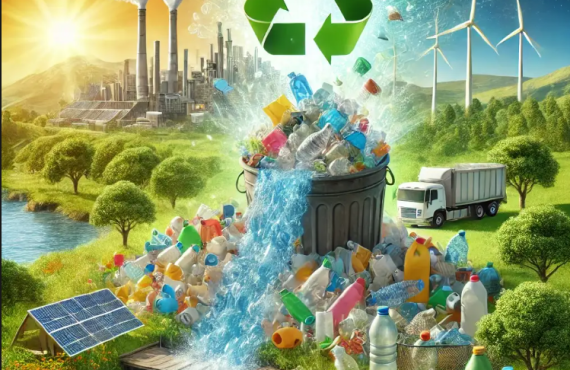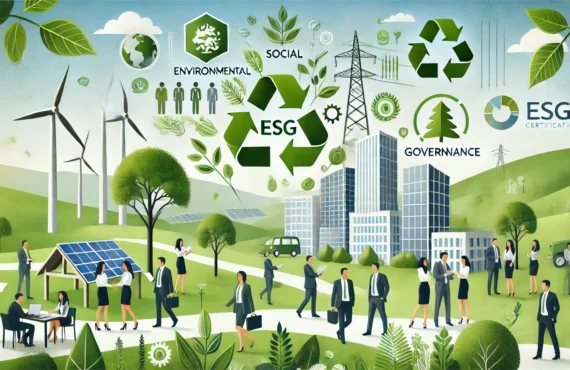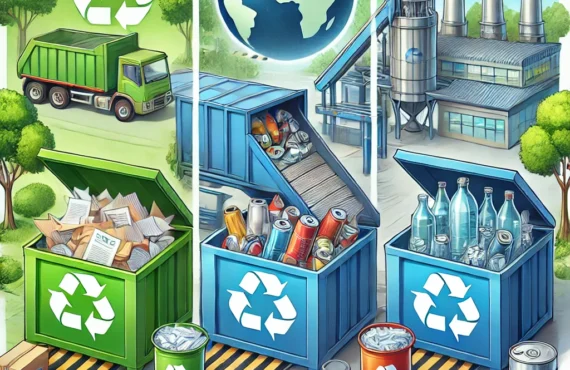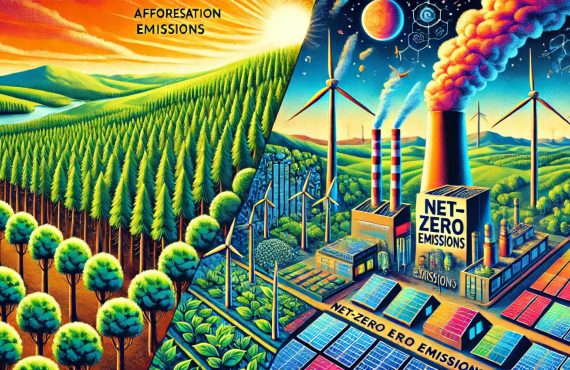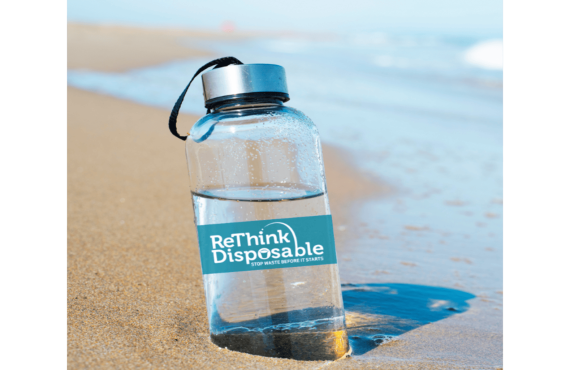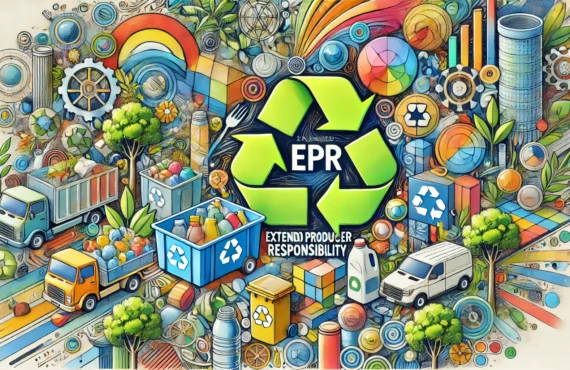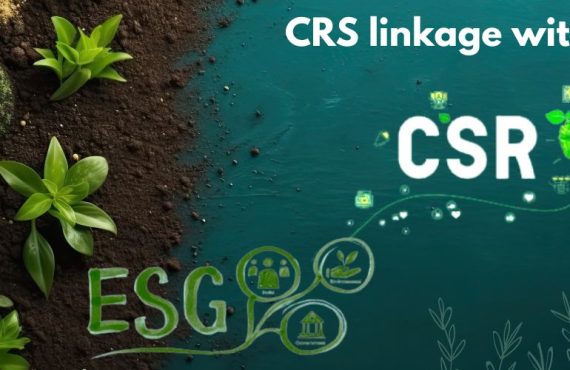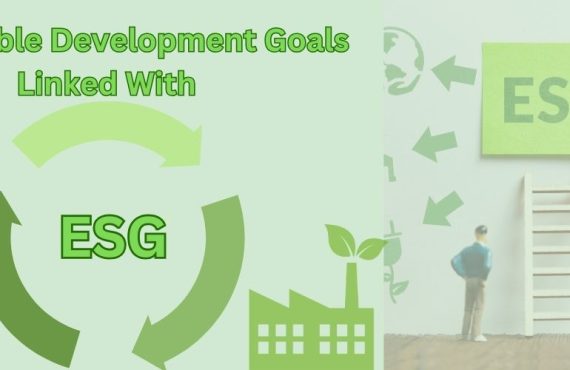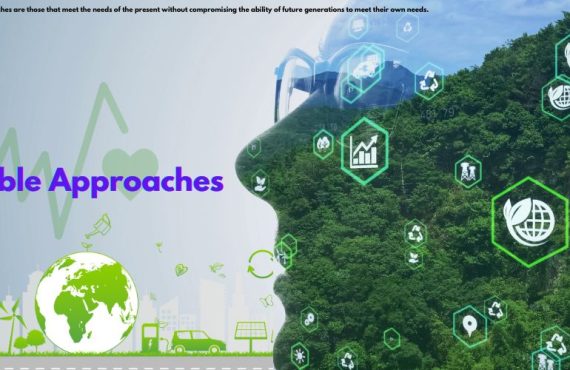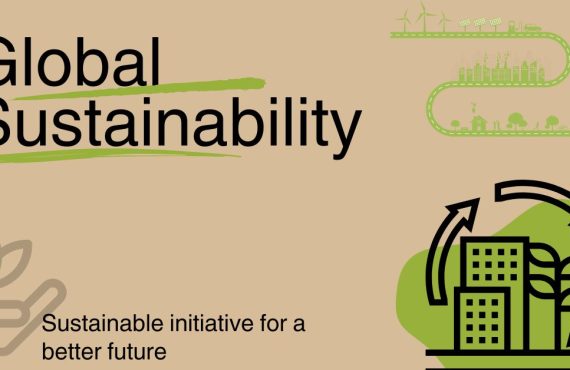Stay Compliant in 2025: What’s New on CPCB’s EPR Plastic Packaging Portal
Quick Refresher: Why the Portal Matters
India’s Extended Producer Responsibility (EPR) regime for plastic packaging—anchored in the Plastic Waste Management (PWM) Rules 2016 and overhauled by the 2022 amendment—requires every entity that puts plastic on the market to register on the Central Pollution Control Board’s (CPCB) online portal. Without an active EPR certificate, companies cannot legally manufacture, import, sell, or distribute plastic‑ packaged goods in India.
The Classic PIBO Compliance Framework

Register on the CPCB’s Centralized EPR Portal: Entities operating in more than two states must register with the CPCB, while those in one or two states should register with the respective State Pollution Control Boards (SPCBs)
Submit an EPR Action Plan: Detailing the quantity and type of plastic introduced into the market and the plan for its collection and processing
Fulfill EPR Targets: Achieve specific recycling or end-of-life disposal targets as stipulated by the CPCB
File Annual Returns: Report on the quantity of plastic waste processed and the corresponding certificates obtained from registered Plastic Waste Processors (PWPs)
These measures aim to ensure that PIBOs take responsibility for the entire lifecycle of their plastic products, promoting recycling and reducing environmental impact

Update: Manufacturers & Traders Must Register Too
In a significant policy shift, the CPCB has expanded the scope of entities required to register under the EPR framework to include Manufacturers and Traders involved in plastic packaging. This change acknowledges the critical role these stakeholders play in the plastic supply chain and aims to bring greater accountability and traceability to plastic waste management.
What Changed?
- Expanded Entity List –
- Plastic Packaging Manufacturers (film extruders, laminators, pouch‑makers)
- Traders / Stockists / Wholesalers dealing in finished plastic packaging
must now obtain unique 15‑digit CPCB EPR numbers—even if they don’t own a consumer brand.
- Fresh Data Fields – New drop‑downs for “Manufacturer” and “Trader” appear on the sign‑up page (https://eprplastic.cpcb.gov.in/#/plastic/home), requiring:
- GST & PAN validation
- Installed capacity (MT/year)
- HS codes of packaging sold
- Instant Target Calculator – The portal now shows provisional recycling obligations the moment monthly production/sales data are saved—helpful for cash‑flow planning.
- Unified Dashboard – All actors (PIBO, Manufacturer, Trader, Recycler, Waste Processor) see a single compliance scoreboard with color‑coded alerts (red = pending).
- Auto‑generated Annexure IV – Quarterly returns are compiled into a downloadable, ministry‑ready PDF—one click, less paperwork.
Reason for including Manufacturers and Traders

Compliance Checklist for 2025
| Step | PIBO | Manufacturer | Trader |
| Portal Sign‑up & KYC | ✔ | ✔ | ✔ |
| Monthly Data Upload | ✔ | ✔ (production) | ✔ (sales) |
| EPR Target Calculation | Auto | Auto | Auto |
| Buy / Generate EPR Certificates | ✔ | —* (only if packaging bears own brand) | — |
| Quarterly & Annual Returns | ✔ | ✔ | ✔ |
Conclusion
The CPCB’s recent updates to the EPR framework represent a significant step toward comprehensive plastic waste management in India. By extending responsibilities beyond PIBOs to include Manufacturers and Traders, the policy ensures that all stakeholders in the plastic packaging supply chain are accountable for their environmental footprint
Entities involved in the production, import, branding, manufacturing, or trading of plastic packaging must promptly register on the CPCB’s Centralized EPR Portal and comply with the stipulated regulations to avoid penalties and contribute to a sustainable future
Blog by: Vartika Jain


